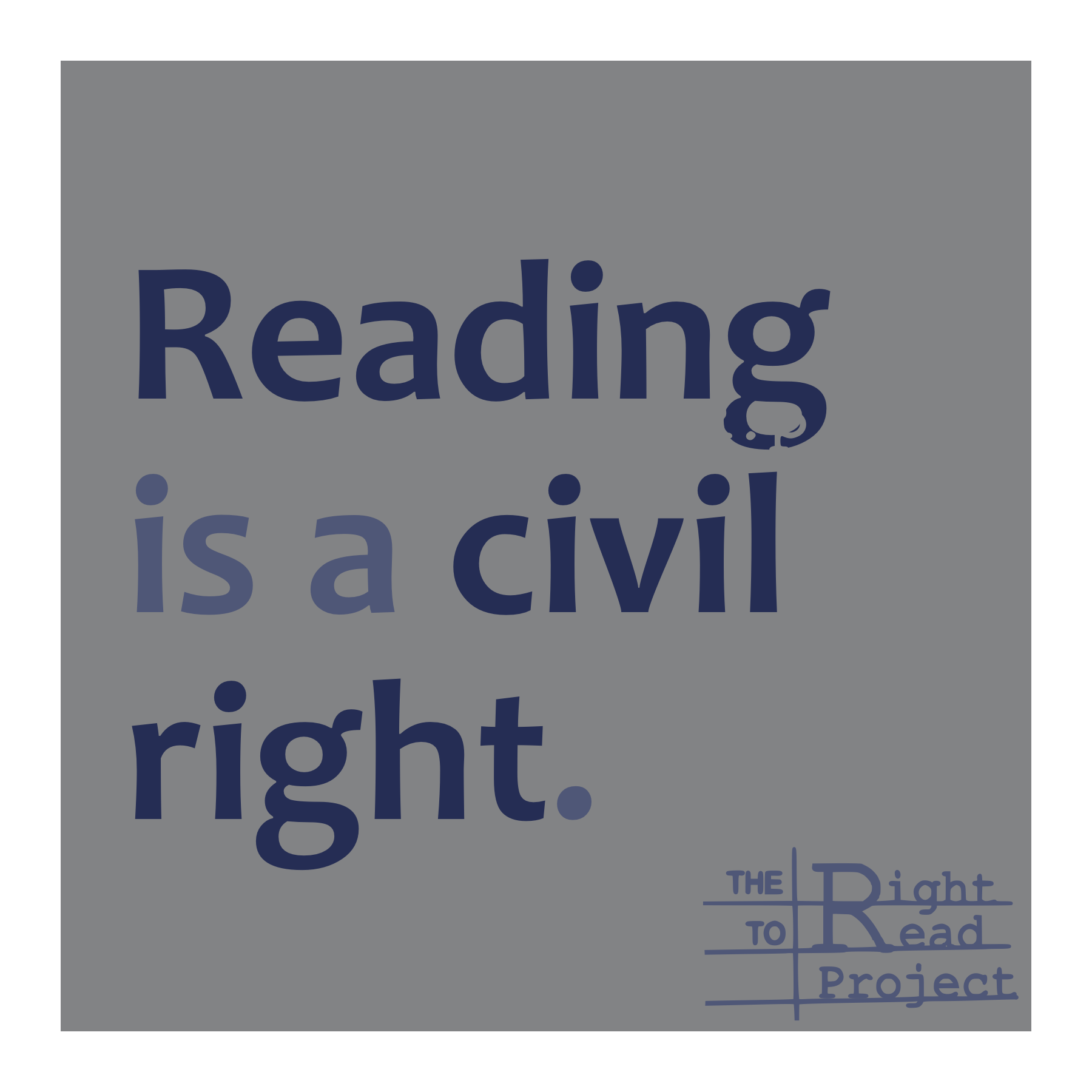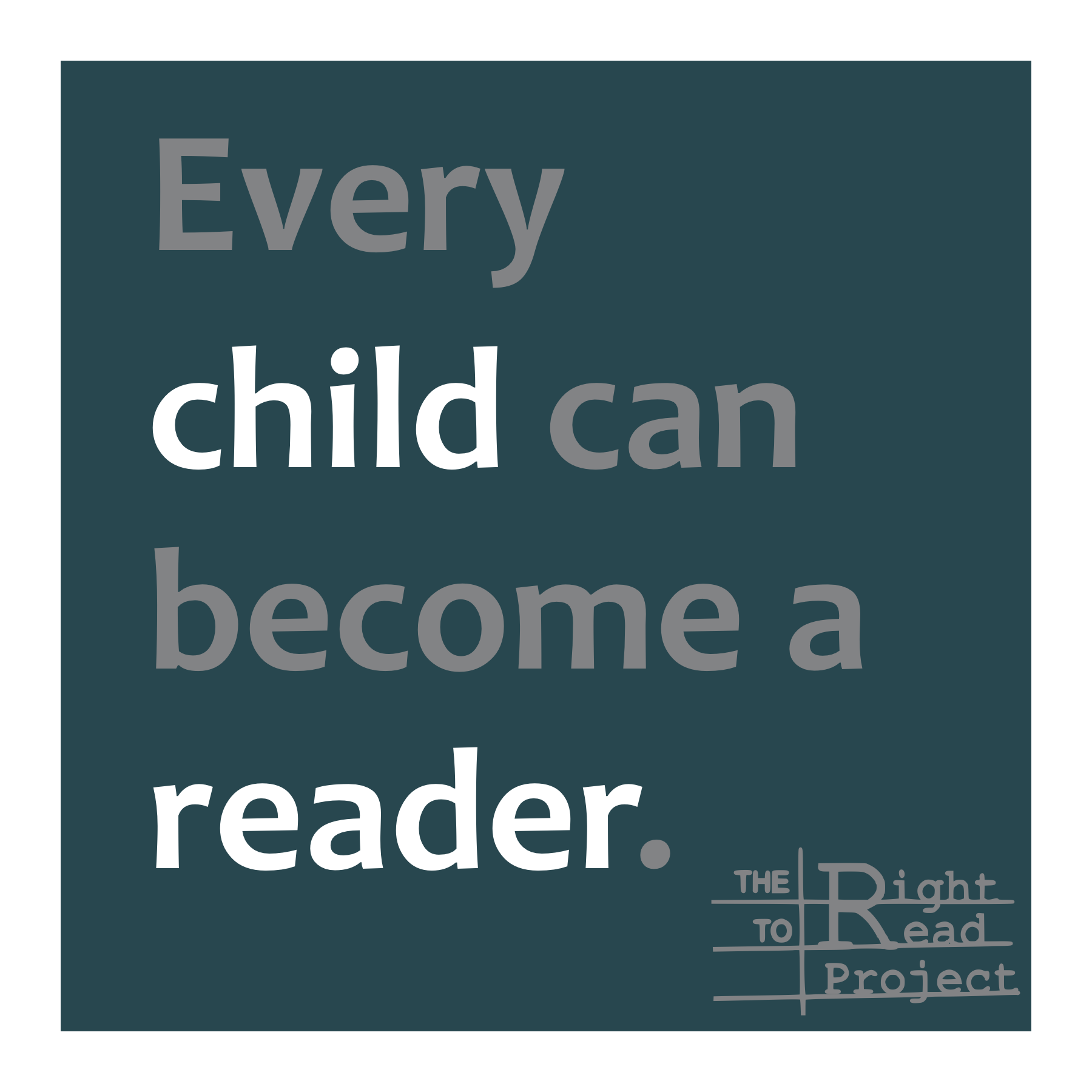Perfect Isn’t Possible
I love the bustle of a new school year. In the days before school starts, I organize and label absolutely everything, from the books in my classroom library to the blocks of time in my planbook. I remember and laugh at my grandma’s joke– “Everything’s perfect until the kids come!”– but still I spend hours color coding and alphabetizing.
Kids will doodle on their notebooks, glue sticks will dry out, and books will become dogeared. But the inevitability of wear and tear doesn’t quash excitement in the beginning of the year. Experience teaches us to anticipate mess and institute classroom procedures that can help maintain order. If only we could be so prepared to navigate the emotional challenges of teaching…
A More Fragile Piece of Optimism
We start each school year with a vision of ourselves:
This is the year that I will cover more content, getting to that last unit I’ve never taught before.
I’ll pull intervention groups more regularly so none of my students will get left behind.
But as the year unfolds and fatigue sets in, it can be hard to remember why we believed that this would be the year our hopes would be realized. It can be a struggle to even remember the plans we made (or goals we set) at the beginning of the year.
New (School) Year’s Resolutions
Everyone else sets resolutions in January, but a teacher’s fresh start begins in the fall. So, to help set New (School) Year’s resolutions that will stick, I gathered some resources in July and I created a worksheet to share with other teachers at my school.
Goals and Wishes
Writing goals increases the chances that we’ll meet them, especially if we share our goals with others, so it could be helpful to draft goals in professional development or share them in a professional learning community.
The concept of SMART goals isn’t new, though this worksheet provided a handy template and was a great reminder of the acronym:
Specific
Measurable
Attainable
Relevant
Time-bound
There have been times, however, that even after writing a SMART goal I’ve lost momentum or forgotten why I wrote it. If we forget the “why” driving our work, the chances of teacher burn-out increases, so I try to record a desired outcome along with our goals.
As I read through these resources, I was drawn to a part about reframing a goal as a “wish.” And this description stuck a chord:
“… think about a wish that you have for yourself – something you want to make happen.
It should be both challenging and feasible:
Maybe it makes your heart beat a little faster, but you can do it.
It’s important [..] that the wish be something important to you.
It needs to matter and mean something to you, rather than being a wish that somebody else thinks you should have, or wishes for you.”
As a literacy coach, it would be helpful for me to know the wishes of each of the teachers at my school. And because our staff is goal-oriented and collaborative, I can imagine grade-level teams checking in on their individual goals to support one another in reaching them.
But I appreciated the words of caution in this article about how to make resolutions stick. In November, I’ve often felt heavy with disappointment when confronted with any reminders of my August hopes, and this quote explained why:
“The more positively people fantasize and daydream about their future success, the less well they do in terms of having actual success…
These positive fantasies are helpful for exploring the different possibility for the future, but they are a hardship when it comes to actually putting in the effort and the energy that wish fulfillment actually needs.
They sap energy.”
My beginning of the year wishes are often unrealistic because I’m better-rested after summer vacation than at any other time during the school year. I have big dreams in August which, by November, seem naive. In order to set a goal that’s reachable, I need to factor in the realities of the school year.
Barriers
The next step according to this is to “visualize what your biggest obstacle will be.” Selecting a single obstacle felt impossible, so I decided to answer the question posed:
“What within me is a barrier to my success?”
And to add another question:
“What barriers to success exist at school?”
Yes, barriers pop up at my school every day, but within my school building is the community support I need to reach my goals. I started to complete a suggested sentence frame for my plan:
“If _______, then I will ______.”
But I realized that I don’t want to draft my plan alone. I want to insulate my hopes by sharing them with the people at my school. And, because I want to be held accountable to my goals, I want to strengthen my plan by developing it with my colleagues.
When I revisit my goals, I don’t want to do that alone either. I’d like to be sitting with someone who can give me a good pep talk. And if I fail to reach my goal, I want to be near someone who knows me well enough to remind me that I live by the words:
“It’s okay to start, start over, or start again.”








